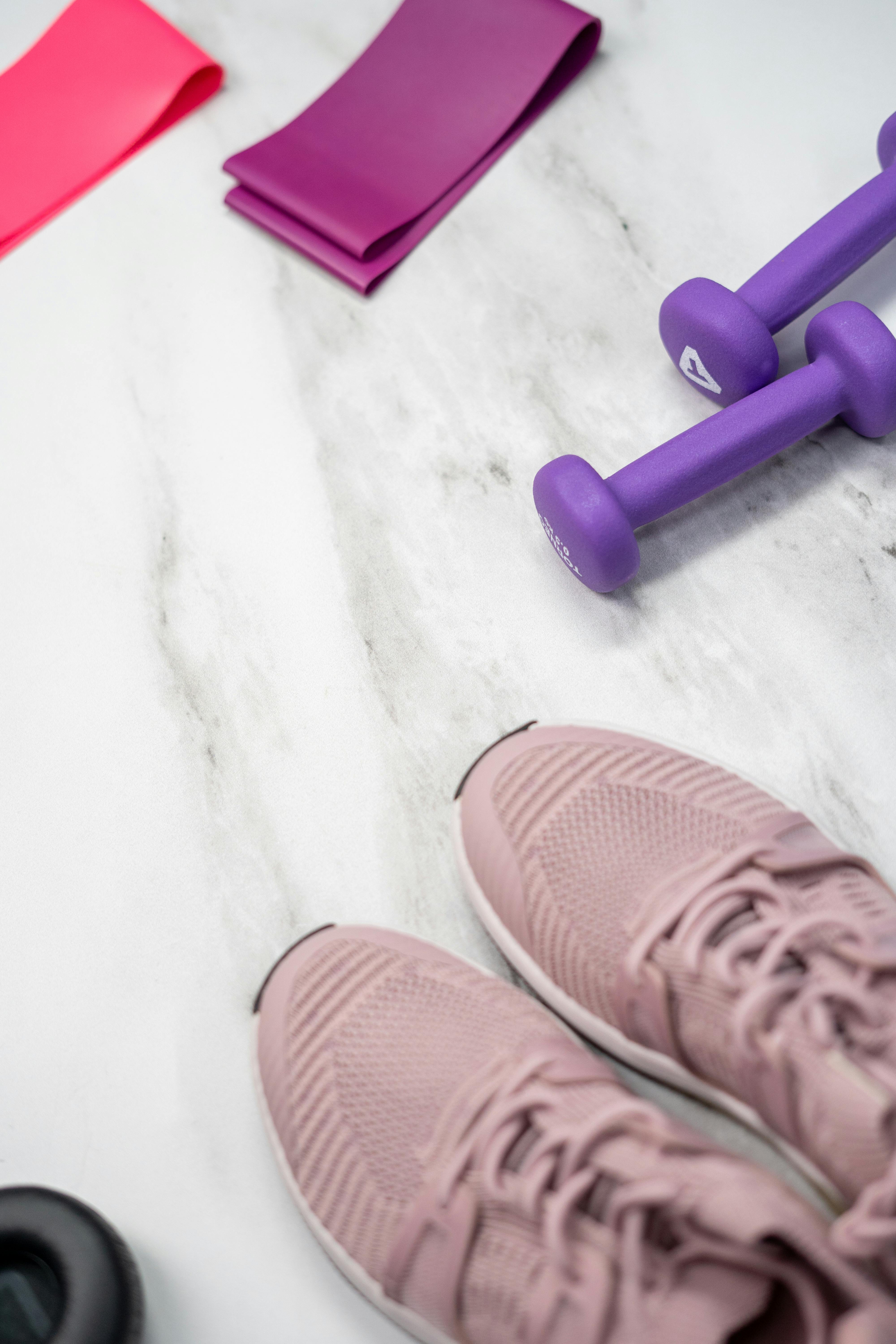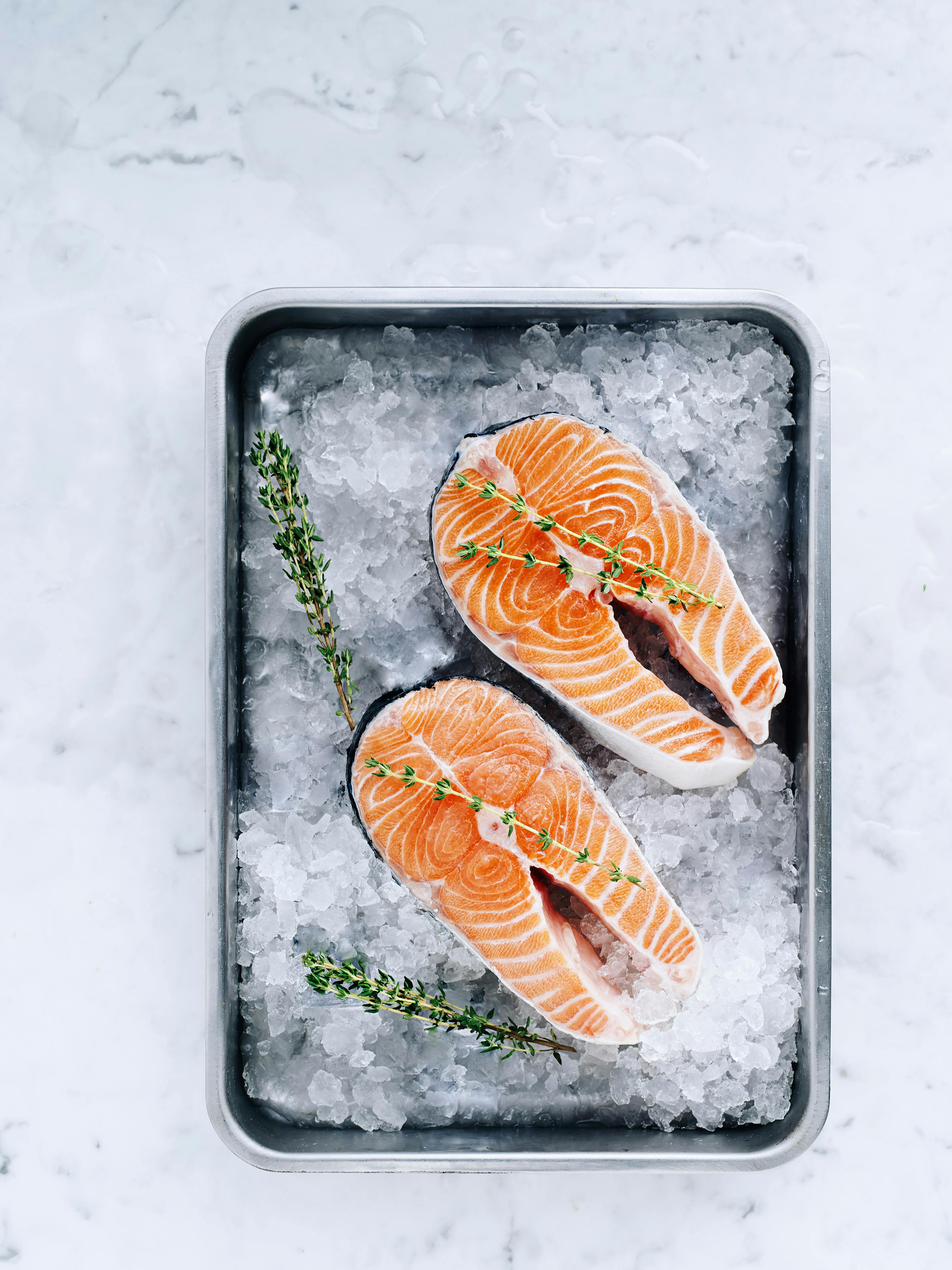
Effective 21-Day Fatty Liver Diet Plan: Discover Proven Solutions for Improved Health in 2025!
The increasing prevalence of fatty liver disease has made it essential for individuals to understand the role of diet in maintaining liver health. The 21-day fatty liver diet is not just a short-term solution; it represents a lifestyle change aimed at improving metabolic health, promoting weight loss, and enhancing overall well-being. This article outlines a comprehensive meal plan that emphasizes liver-friendly foods, detoxing strategies, and essential lifestyle adjustments.
By following this tailored diet plan, you will learn about the importance of portion control, hydration, and healthy fats. The article also covers the significance of incorporating fruits, vegetables, and whole grains into your daily meals to support liver function effectively. With an emphasis on nutrition education and making informed food choices, you'll be equipped with the tools necessary for lasting health improvements.
Let’s dive into the essential components of the 21-day fatty liver diet and discover practical recipes and culinary tips to facilitate your journey toward better liver health!

Essential Components of the 21-Day Fatty Liver Diet Plan
To effectively follow the 21-day fatty liver diet, it is crucial to understand its foundational elements. This plan focuses on liver-friendly foods that support metabolic health and improve overall well-being. The primary components include:
Balanced Diet for Liver Support
Adhering to a balanced diet is vital in managing fatty liver disease. This includes incorporating healthy fats, ample fiber from fruits and vegetables, and whole grains into your meals. Foods rich in antioxidants, such as leafy greens, can significantly aid in liver detoxification.
For instance, consider adding spinach, kale, and broccoli to your plate. These vegetables not only promote liver function but also help in reducing oxidative stress.
Portion Control Strategies
Portion control plays a significant role in managing caloric intake and ensuring that you stay within your dietary goals. Utilizing smaller plates, measuring servings, and being mindful of your snack choices can help you maintain appropriate portion sizes. Aim for balanced meals that are composed of 50% vegetables, 25% protein, and 25% whole grains.
Hydration for Optimal Functioning
Staying hydrated is essential for liver health. Aiming for at least eight glasses of water a day can increase your metabolism and assist in detoxifying your body. Additionally, incorporating herbal teas and detox drinks can further aid your liver cleansing process.
The next section will expand on practical meal ideas designed to align with the 21-day fatty liver diet.
Delicious Recipes to Enhance Your Meal Prep
Creating satisfying and nutritious meals is fundamental to succeeding in the 21-day fatty liver diet. Meal prepping can help you stay organized and ensure that you have healthy options available when hunger strikes.
Breakfast Ideas to Kickstart Your Day
Begin your day with a liver-friendly breakfast that fuels your body. Consider oatmeal topped with berries and a sprinkle of chia seeds for fiber and antioxidants. Alternatively, a smoothie made with spinach, banana, and almond milk can provide essential nutrients.
Lunch Recipes for Sustained Energy
For lunch, opt for a quinoa salad mixed with cucumbers, tomatoes, and a lemon-tahini dressing. This dish not only offers a wide range of nutrients but also supports liver function with its high fiber content. Grilled chicken served on a bed of arugula with a vinaigrette is another excellent option.
Wholesome Dinner Options
For dinner, preparing baked salmon with roasted sweet potatoes and steamed broccoli is an excellent way to consume healthy fats and essential vitamins. Another delightful choice is lentil stew rich in spices, which can provide anti-inflammatory benefits.

Incorporating a variety of meals into your plan can help avoid monotony and ensure that nutrients are well-balanced throughout the week.
Incorporating Healthy Habits into Your Lifestyle
Transitioning to the 21-day fatty liver diet involves more than just adopting new meal ideas; it also requires embracing healthy habits that contribute to overall wellness.
Exercise Recommendations for Liver Health
Engaging in regular physical activity has profound effects on liver health. Aim for at least 150 minutes of moderate aerobic activity each week. Activities such as walking, cycling, and swimming can help improve liver function and enhance insulin sensitivity.
Emphasizing Healthy Fats and Fiber
Integrating sources of healthy fats, such as avocados, olive oil, and fatty fish, is crucial. These fats support metabolic processes while protecting against liver inflammation. Additionally, increasing fiber intake from whole grains and legumes can aid digestion and reduce the risk of fatty liver development.
Understanding Meal Timing and Frequency
Meal timing is another vital consideration in your dietary adjustments. Aim to eat smaller, more frequent meals throughout the day rather than traditional larger meals. This keeps energy levels stable and can help manage cravings.
With these healthy habits in mind, let’s explore additional tips for improving compliance with your dietary plan.
Practical Tips for Successful Meal Prep
Successful meal prep can make the difference between sticking to your diet plan and falling back into old eating habits.
Culinary Techniques and Cooking Methods
Learning simple cooking techniques can significantly improve your meal prep efficiency. Steaming, baking, and grilling are recommended cooking methods that preserve nutrients and flavor while using less oil. Experimenting with herbs and spices can enhance the taste of your dishes without adding calories.
Making Healthy Swaps
When cooking, consider food swaps that can transform traditional recipes into healthier versions. For instance, using Greek yogurt instead of sour cream, or whole wheat pasta in place of regular pasta can significantly increase fiber and reduce unhealthy fats in your meals.
Navigating Eating Out
Dining out doesn’t have to derail your diet. When eating out, look for options that include plenty of vegetables, ask for dressings on the side, and opt for grilled instead of fried items. Familiarizing yourself with the menu ahead of time can also help align your choices with your dietary goals.
As we continue, let’s examine the importance of supporting and monitoring your health through this diet.
The Role of Monitoring and Support
In adhering to the 21-day fatty liver diet, self-monitoring and support can play crucial roles in your success.
Health Monitoring Strategies
Maintain a food diary to track meals, snacks, and beverages consumed. This practice can provide insights into your eating patterns and help identify areas for improvement. You may also benefit from regular health check-ups and liver function tests to monitor progress.
Engaging with Support Networks
Connecting with support groups or nutrition counseling can provide motivation and accountability. Engaging with others who share similar goals can foster a sense of community and encouragement, making it easier to stay committed to the diet.
Suggestions for Vitamins and Supplements
Consult your healthcare provider about any vitamins and supplements that may benefit your liver health. Common recommendations might include probiotics, omega-3 fatty acids, or milk thistle, which can provide additional support during your dietary journey.
As we wrap up, it’s essential to address any remaining questions about this transformative diet.
Q&A: Addressing Common Concerns About the 21-Day Fatty Liver Diet
What foods should I avoid on the fatty liver diet?
It’s crucial to limit sugars, refined carbohydrates, and unhealthy fats. Aim to eliminate or reduce alcohol consumption, as it can exacerbate liver problems.
Can I still enjoy snacks while following this diet?
Yes! Focus on healthy snacks such as fresh fruits, raw vegetables, nuts, and yogurt. These options can support your diet while preventing hunger between meals.
How do I know if I’m on track with my goals?
Regular health check-ins, monitoring your weight, and recording how you feel physically and mentally can help gauge your success. Additionally, consultations with your healthcare provider can provide further insight.
The 21-day fatty liver diet is more than just a short-term solution; it's a stepping stone towards long-term health improvements. By adhering to this diet, you are taking significant strides to enhance your liver function and overall well-being.
For further resources and meal planning support related to fatty liver health, consider exploring additional educational materials at this link and this resource.